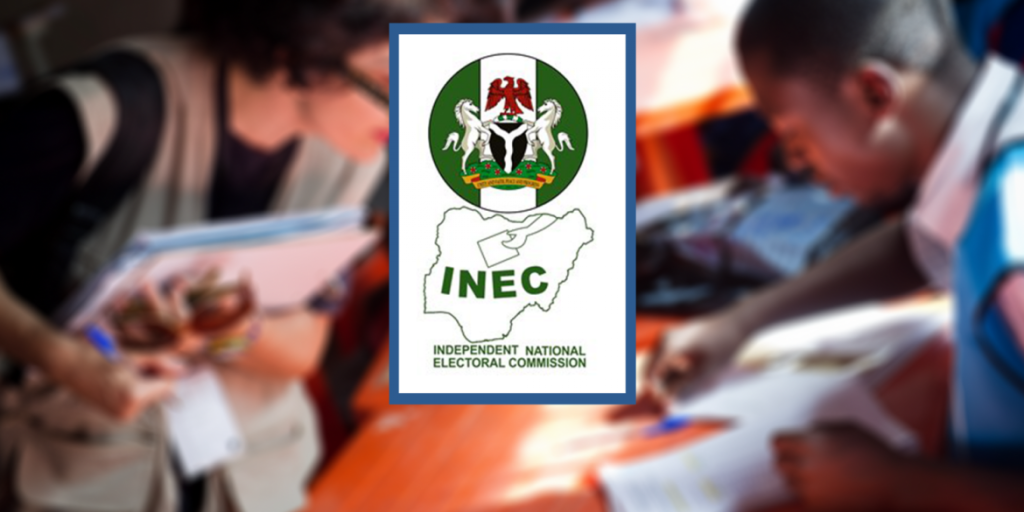
ON MAY 8, 2021
The Independent National Electoral Commission, INEC has announced plans to convert voting points into full fledge Polling Units across the country.
This was stated by Barr Festus Okoye, National Commissioner during a stakeholders meeting on expanding voter access to polling units, in Kano on Saturday.
“In 1996, across Nigeria, there were 119,973 polling units when there was 50 million registered voters. Now that there are 87 million registered voters in the country, there is need to exp and and establish new polling units across the country.
“The Commission has in the last three electoral cycles made use of Voting Points and Voting Points Settlements as interim solutions for declaring voter access to Polling Units. These are well known by the stakeholders and accepted by voters. Consequently converting them to full fledged Polling Units is a cost effective and timely way of addressing the problem.
“We are going to convert the voting points into polling units in order not to disenfranchise eligible voters across the country.
“It therefore developed guidelines for the exercise with a threshold of seven hundred and fifty (750) voters as maximum and five hundred (500) voters as minimum in a polling unit.
“There is going to be a registration exercise that will commence soon to which I call on those who are due for registration to ensure that they register” Barr Festus Okoye stated.
Earlier, the Resident Electoral Commissioner Kano state, Prof Riskuwa Shehu had reminded politicians that campaigning for political offices is still under ban and warned that violation of the ban can attract legal action.
“Ban on political campaigning is still on, caution your supporters because there is legal provision for violating the law. We appeal to you and the media to understand the legal framework for media houses to find a way of curtailing it” Riskuwa stated.
The Resident Electoral Commissioner further explained that the location of Polling Units should be in accordance with the some considerations that include among others, public places preferably centrally located and accessible, non-sectarian locations such as town/community halls, health centres, court premises public recreational centres, and spacious facilities to adequately sit election officials, political party agents, election observers and voters, if necessary.


